The new musical film Juliet and Romeo arrives on screen with lavish visuals, saccharine pop songs and a reworked Shakespearean plot that tries to dazzle. With its vivid colour palette and dreamy masquerade aesthetic, this is Verona as filtered through a Eurovision lens: glittering, melodramatic and frequently overwrought.
Writer and director Timothy Scott Bogart and composer Evan Kidd join a lineage of Romeo and Juliet adaptations that blend music with spectacle. Who could forget Harold Perrineau’s drag rendition of Young Hearts Run Free as Mercutio in Baz Luhrmann’s Romeo + Juliet (1996)? More recently, the stage show & Juliet (2019) used the iconic songwriting of Max Martin for a jukebox musical meets feminist retelling of the tragedy. So where does Juliet and Romeo fall in comparison?
Let’s begin with the fair, before turning to the foul. Shot on location in the real Verona, Juliet and Romeo makes excellent use of its scenery, with inventive sets and clever staging that breathe some vitality into its world.
Looking for something good? Cut through the noise with a carefully curated selection of the latest releases, live events and exhibitions, straight to your inbox every fortnight, on Fridays. Sign up here.
Verona’s jewel tones, candlelit street parties and endless twisting streets grant the film its fairytale quality. There’s a tactile richness to the production design that occasionally feels immersive, evoking a heightened world somewhere between Shakespeare’s imagined Verona and a perfume advert. The array of fight, dance, and crowd scenes are well-choreographed and the camera often moves with an energetic theatricality that hints at what the musical could have been.
Unfortunately, the music doesn’t keep pace. While the pop soundtrack is relentlessly inoffensive – think bubblegum ballads and power choruses – it lacks the lyrical bite or emotional weight needed to sustain a tragedy.
With sugary harmonies and banal lyrics, these numbers evoke more Eurovision than Elizabethan drama – not inherently a bad thing, but in this case, it results in emotional flatness. For example, a number like Better Than This, led with verve by Martina Ortiz Luis as Veronica, stands out slightly with its charming melody and joyful choreography. It’s a moment of brightness that briefly lifts the energy. But even that slips into the overall sameness of the score. At its best, the music is cutesy; at its worst, it’s filler.
The character work is similarly uneven. Juliet (Clara Rugaard) emerges as the most compelling figure – wry, self-aware, and played with just enough spunk to avoid cliché. Romeo (Jamie Ward), by contrast, is a forgettable boy-band archetype, rebelling weakly against a domineering father (Jason Isaacs channelling medieval Lucius Malfoy) and contributing little beyond brooding charm.
Derek Jacobi’s gravitas is squandered on narration and playing the hapless Friar Lawrence. Juliet and Romeo opens with a flurry of historical exposition delivered by Jacobi: medieval Italy, papal politics, the splintering of city-states, and the threat of “mighty Rome” coming for Verona. It’s an ambitious – if unnecessary – reframing that sets up a late-stage twist that gestures toward a sequel.
The supporting cast is also a mix of intriguing choices and tonal confusion. Mercutio’s (Nicholas Podany) subplot, involving his own forbidden love and tense relationship with an adoptive Montague patriarch, hints at deeper parallels to the central couple, but is never fully developed. The apothecary (Dan Fogler), bafflingly, gets a solo about alchemical experiments that feels lifted from a mid-tier Disney sequel. Meanwhile, the nurse (Sara Lazzaro), usually a comedic gem, is stripped of humour entirely.
A standout number comes from Rebel Wilson’s Lady Capulet and Verona’s women, who lament in The Mask I Wear about the constraints of femininity in well-arranged harmony. Yet the song’s emotional resonance is blunted by underwritten character arcs. The women sing beautifully, but we barely know why they’re angry.
In the end, Juliet and Romeo is a musical that strains to be meaningful but never earns its emotional crescendos. It gestures toward political intrigue, feminist revision and star-crossed romance, but settles for spectacle. Still, with its sparkling visuals and glossy score, for fans of unapologetic musical fanfare, there’s some joy to be found in the glitter.
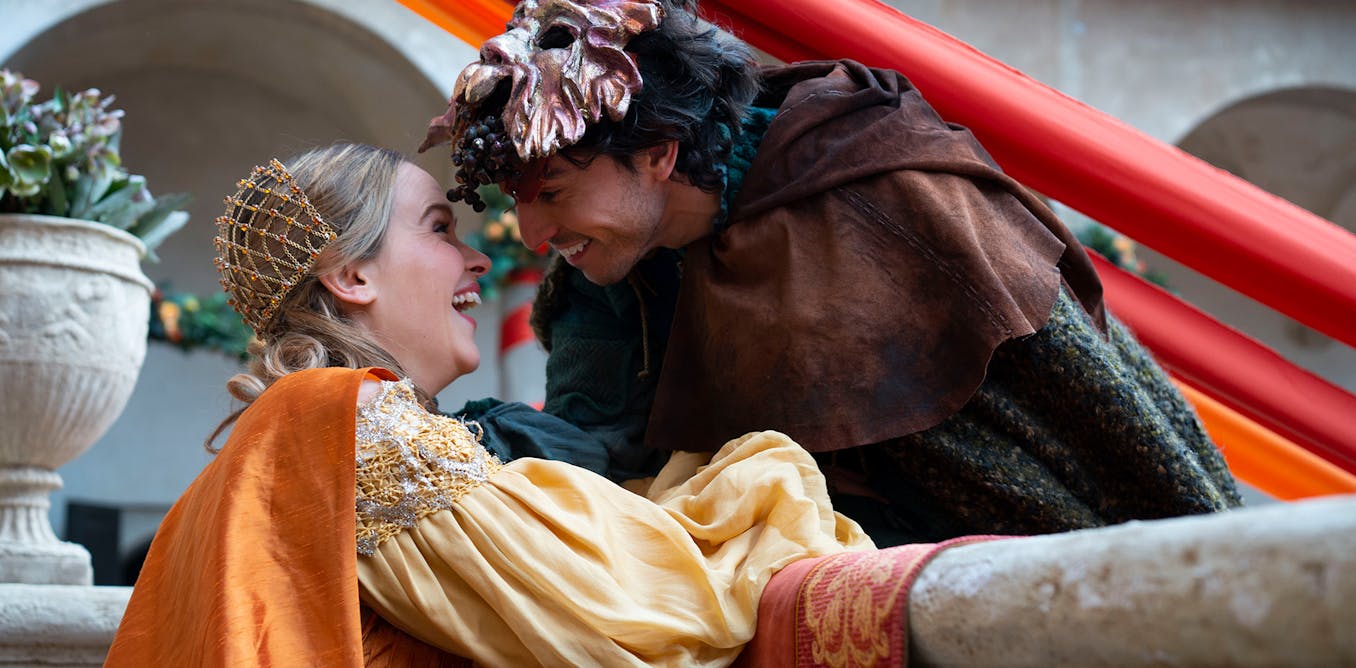
The post “Juliet and Romeo strains to be meaningful but never earns its emotional crescendos” by Emily Rowe, Lecturer in Early Modern Literature, King’s College London was published on 06/10/2025 by theconversation.com



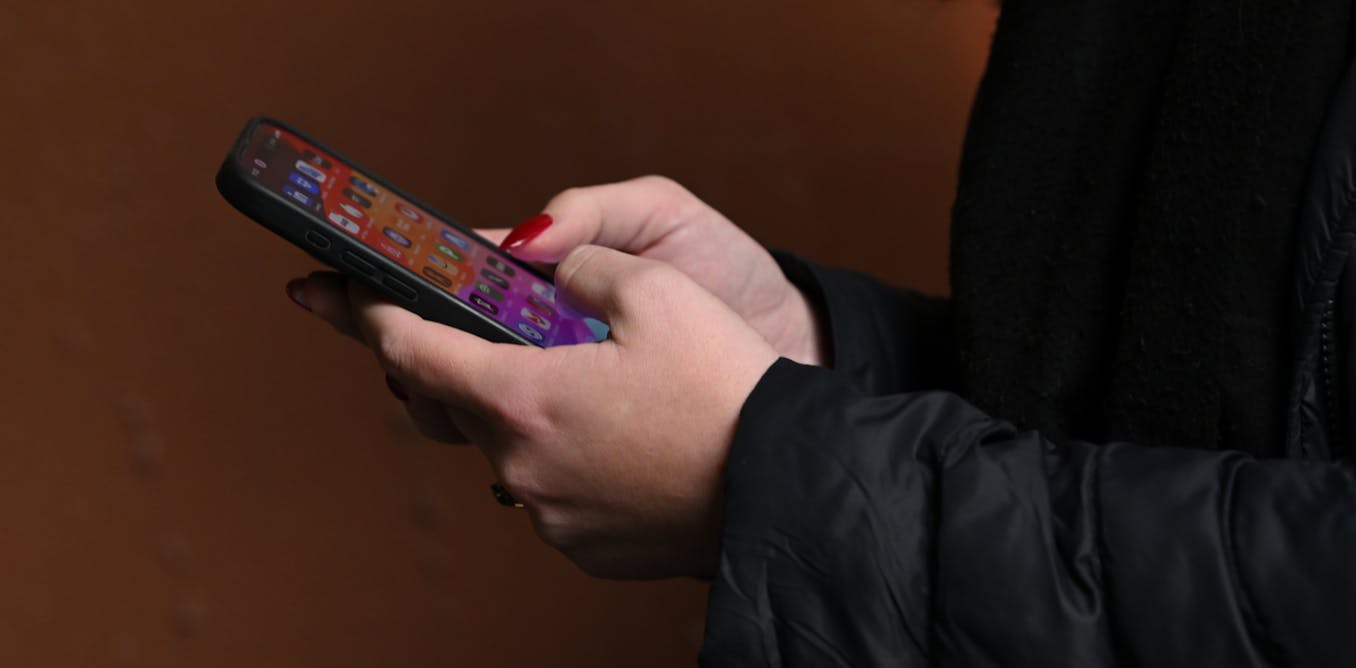






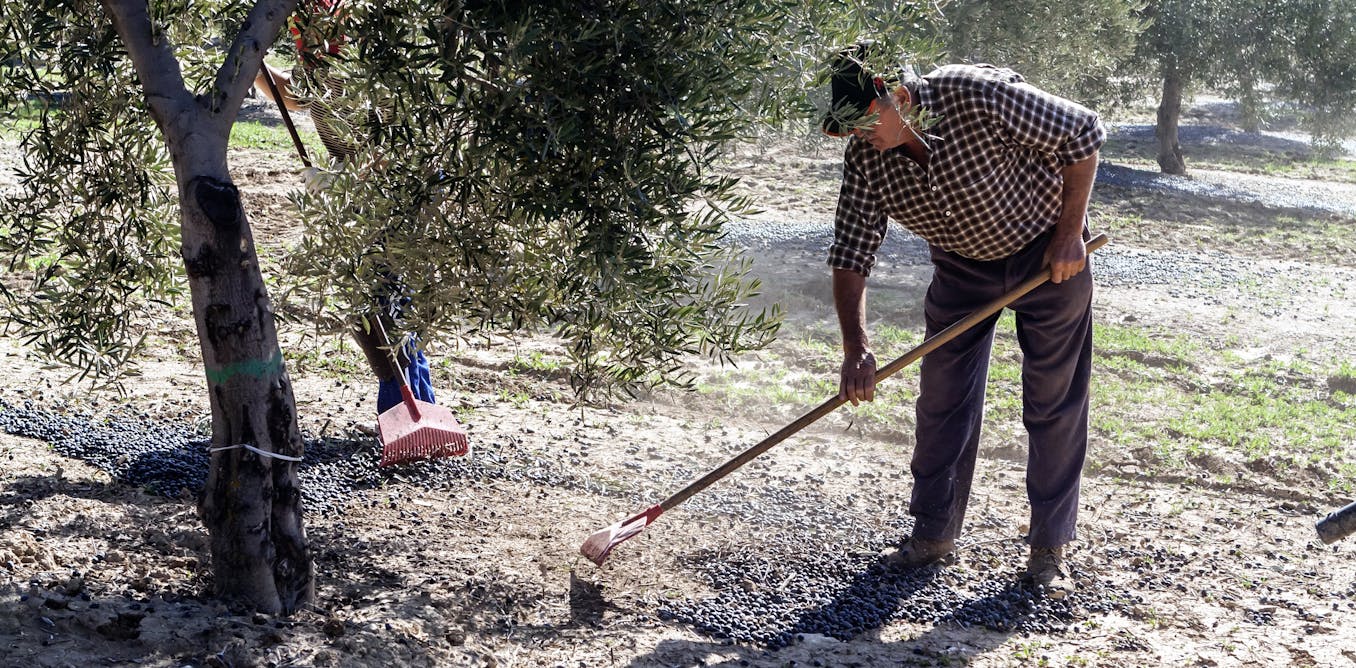















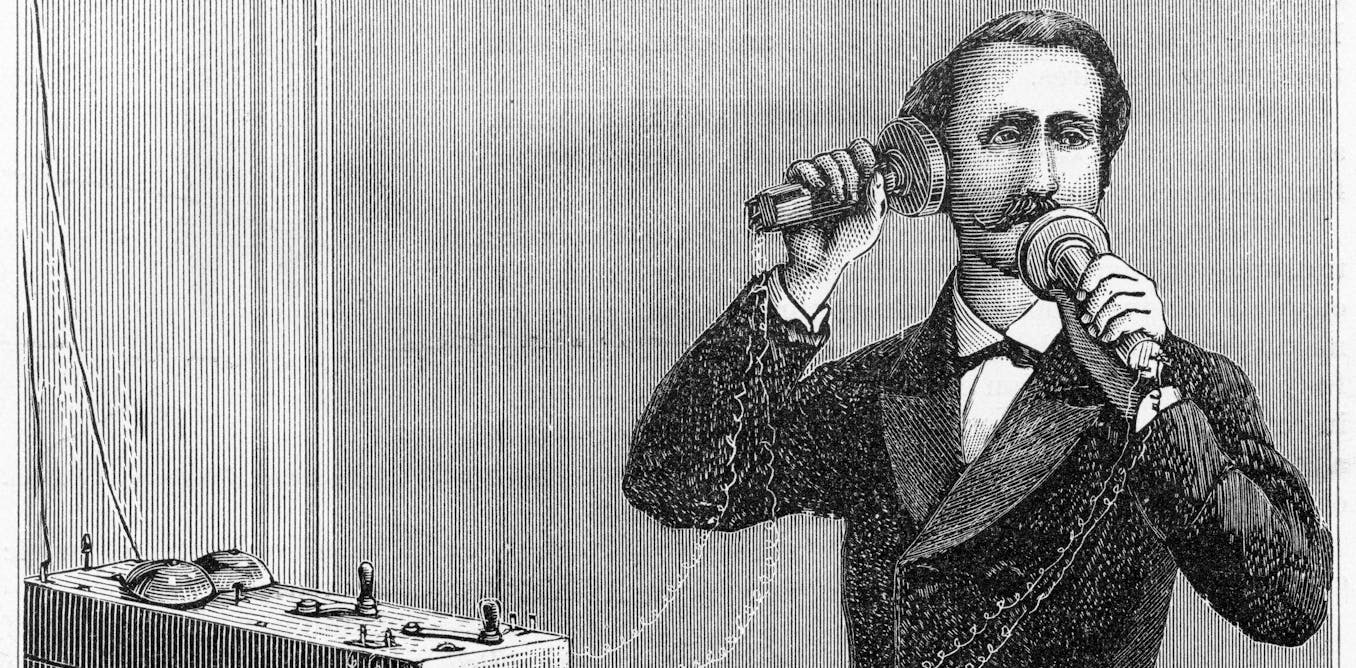




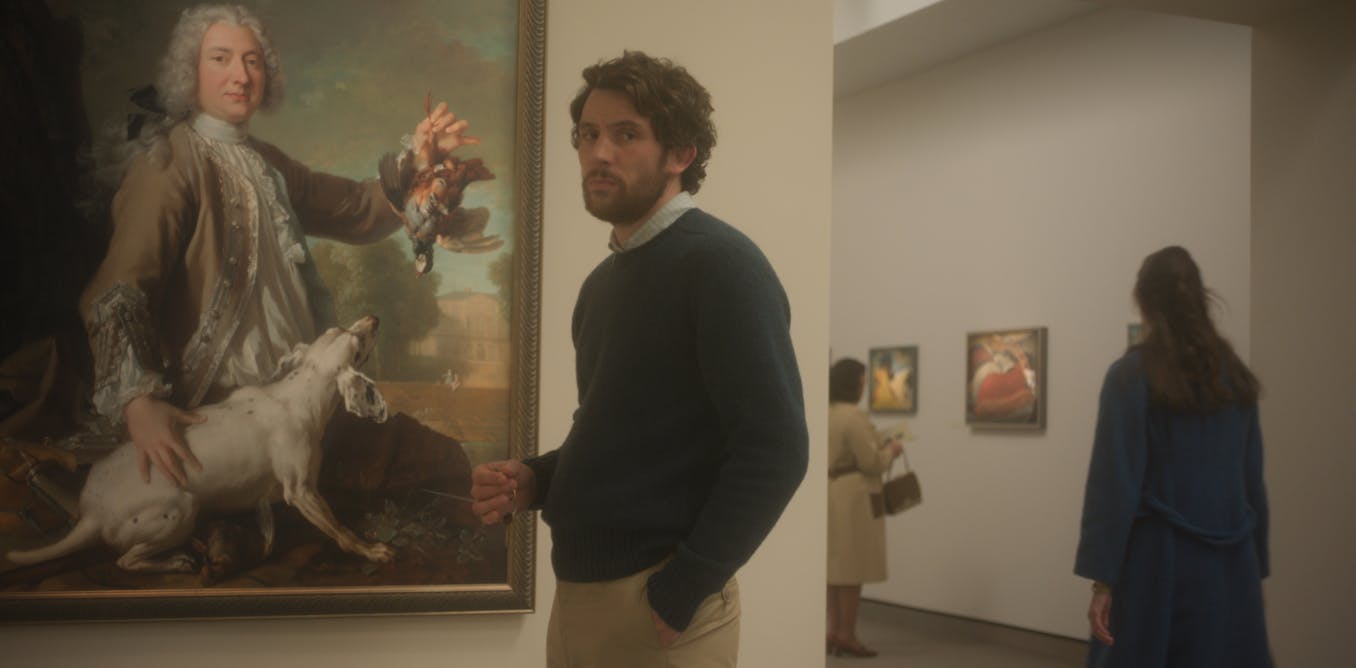

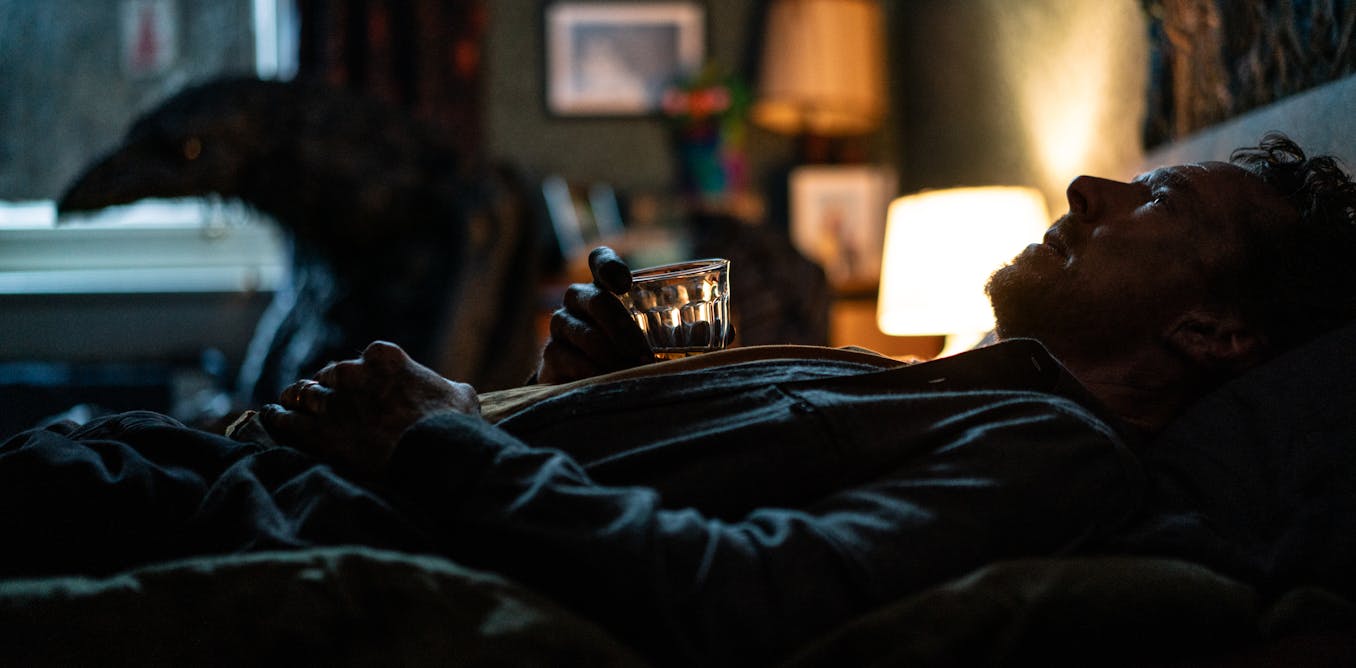


Leave a Reply